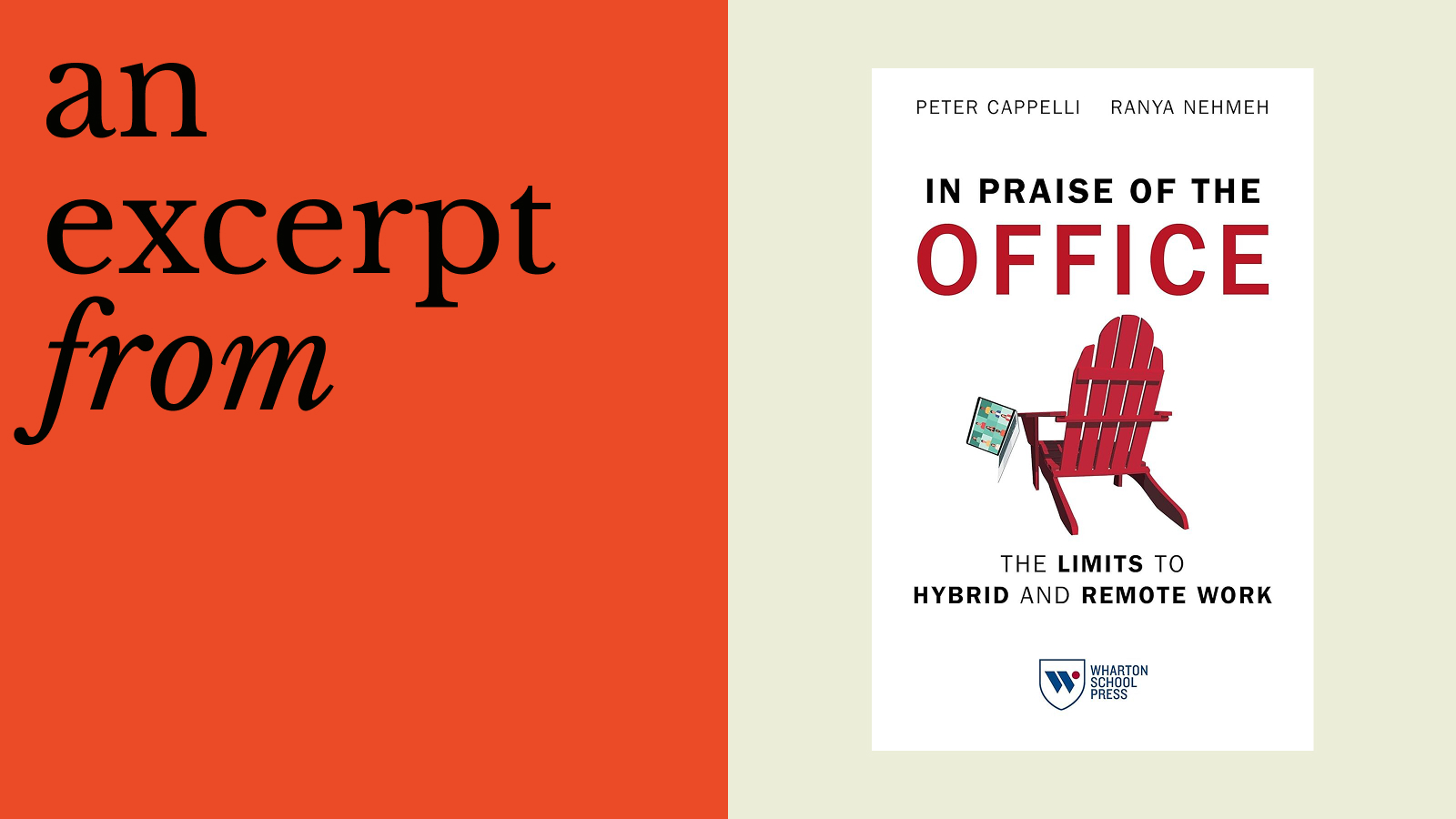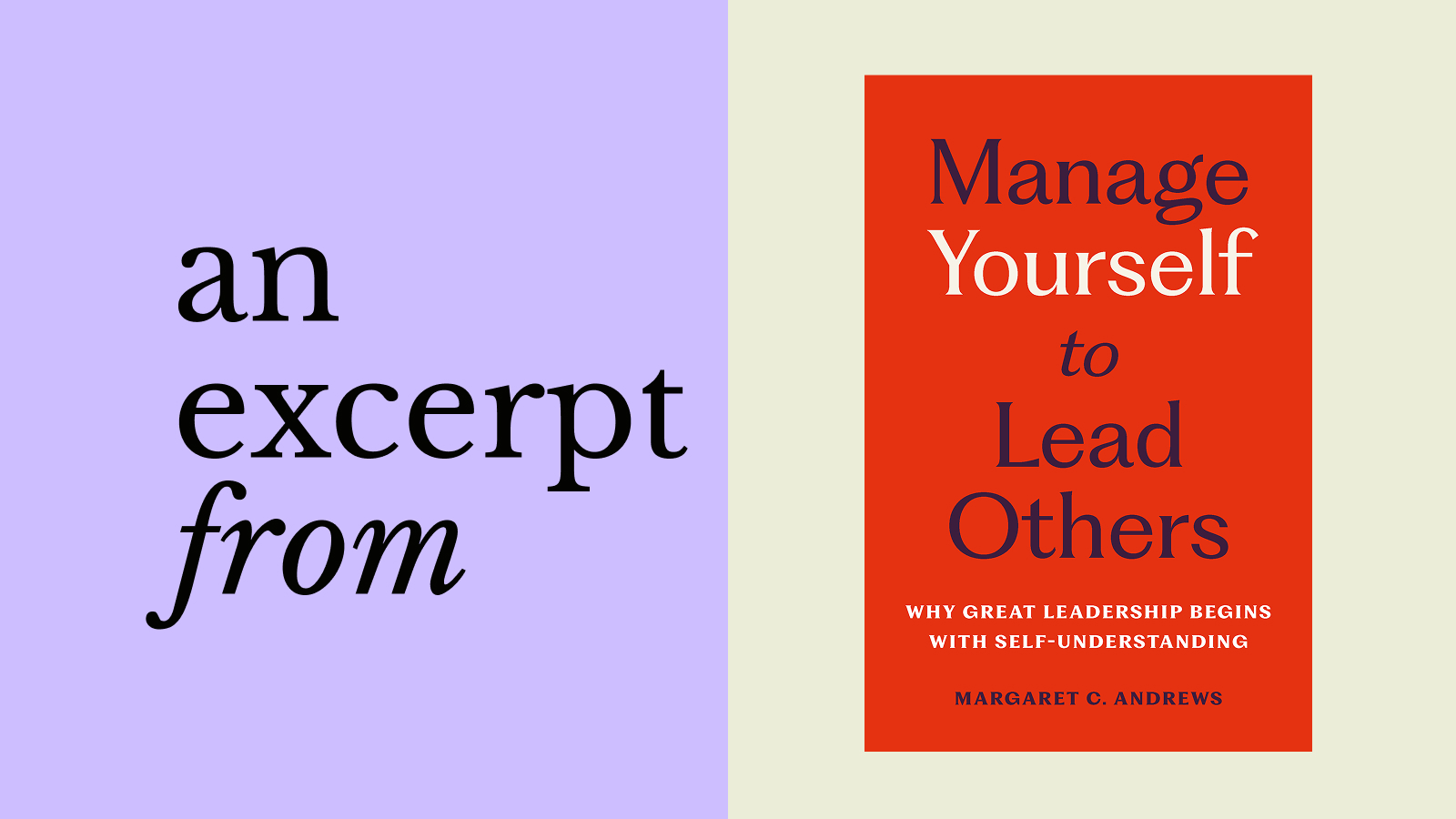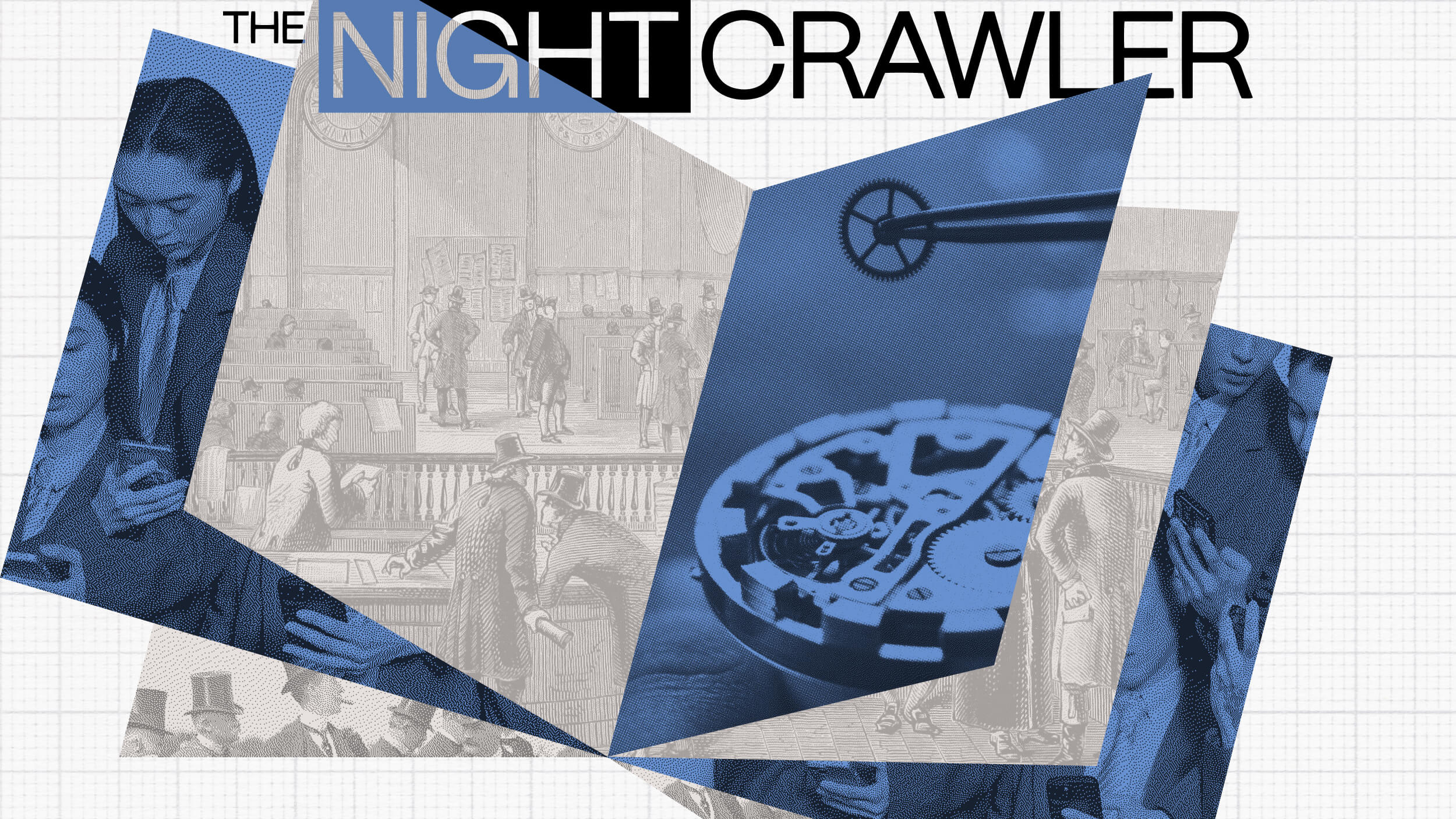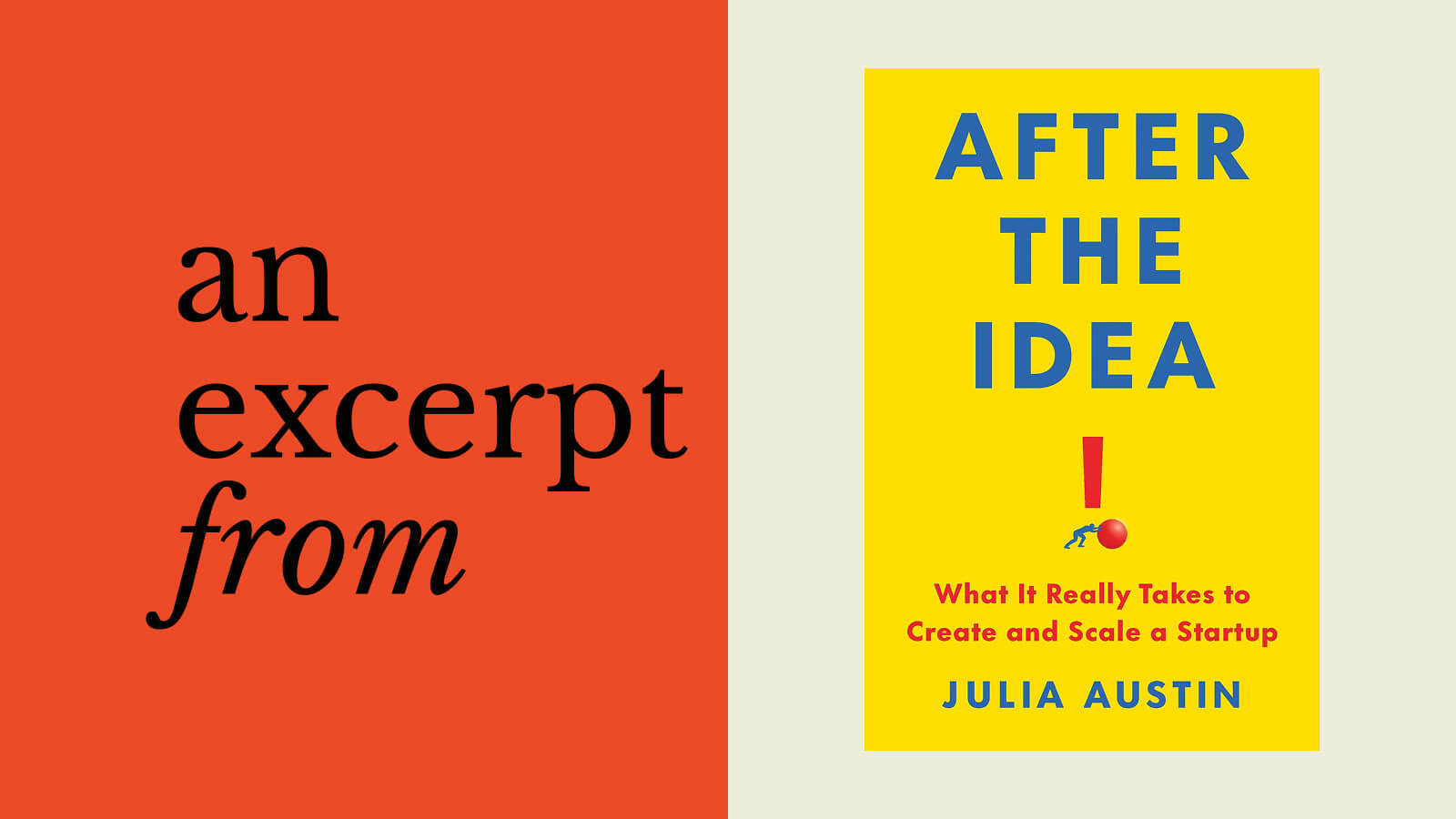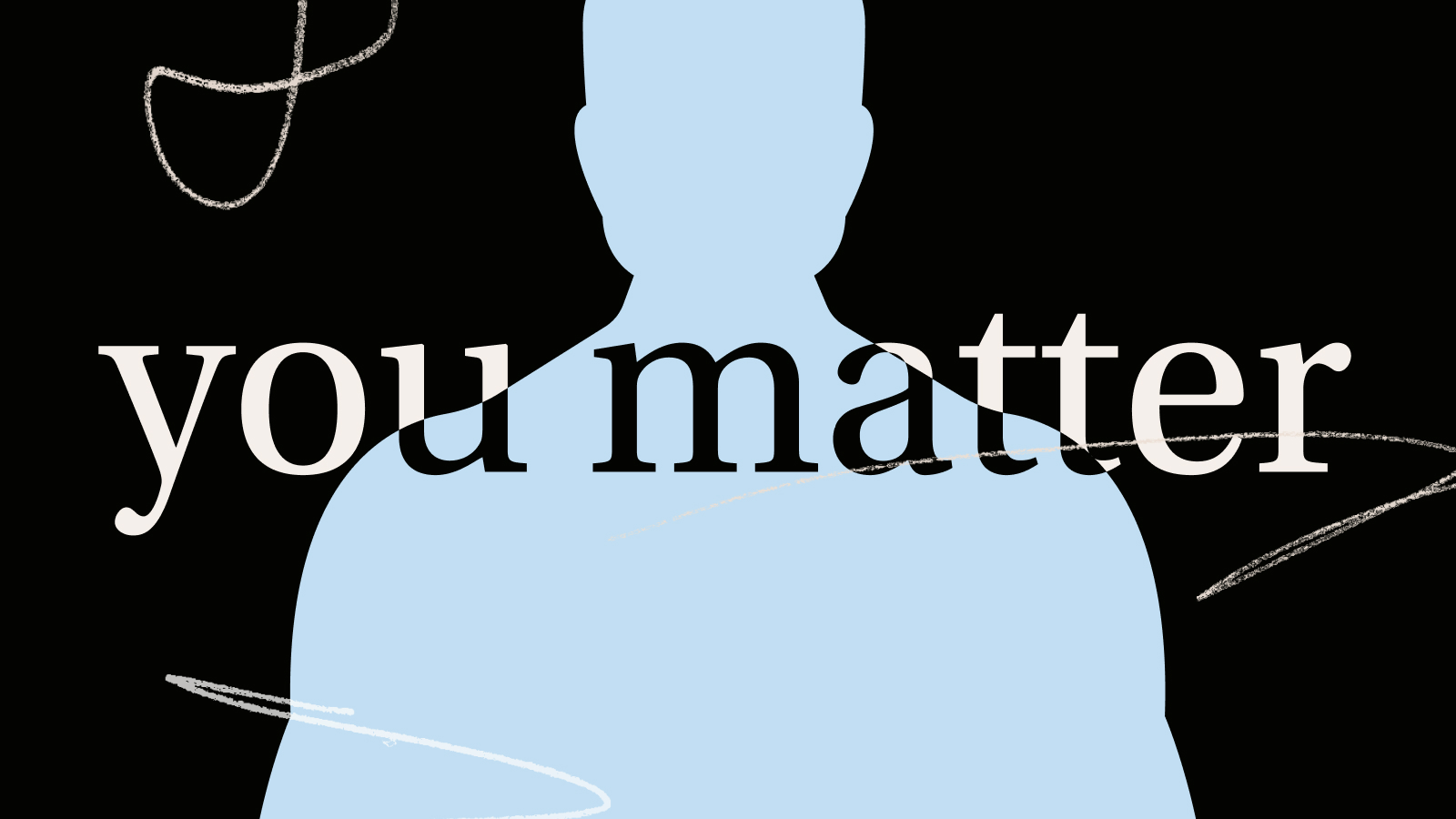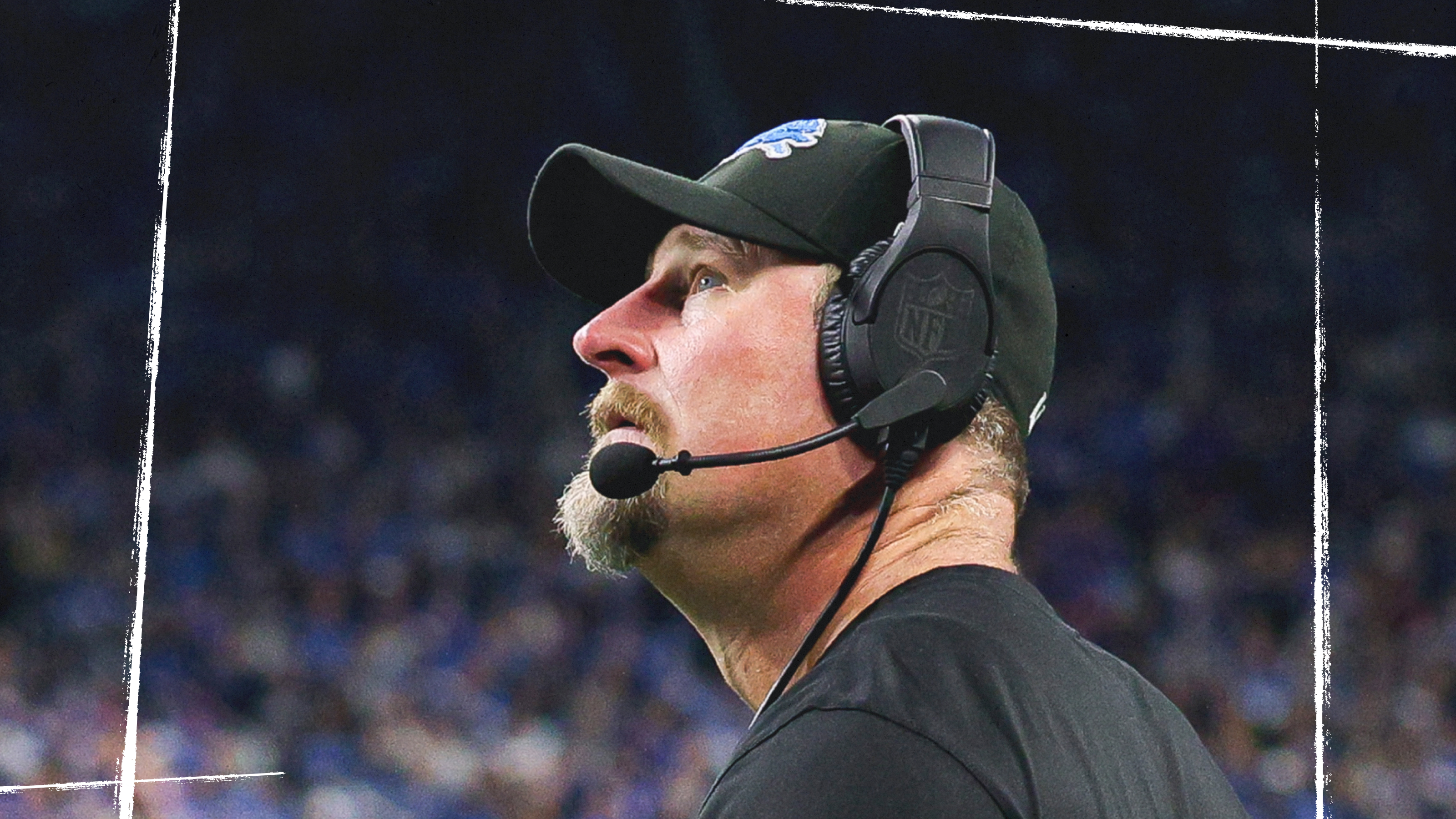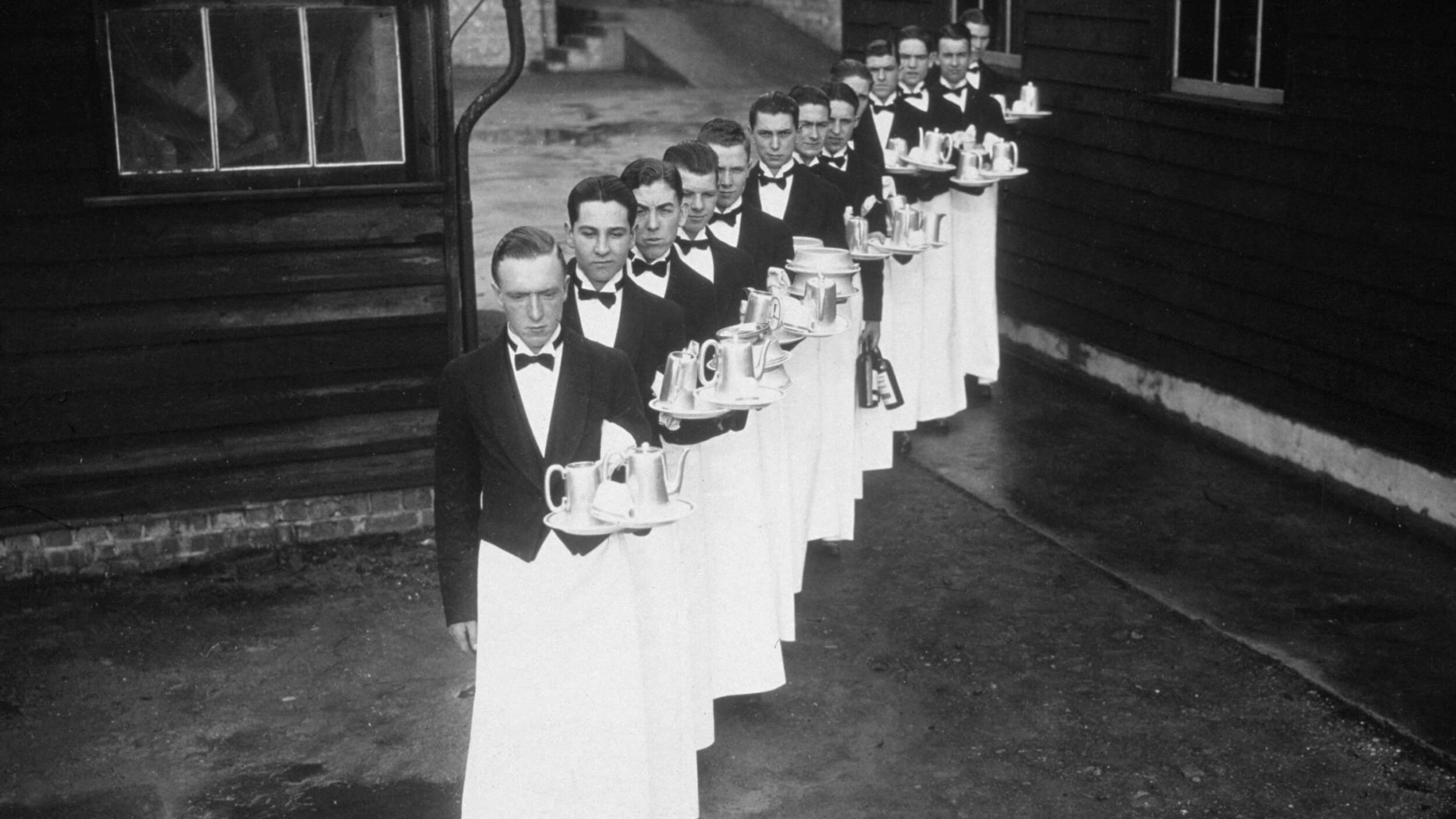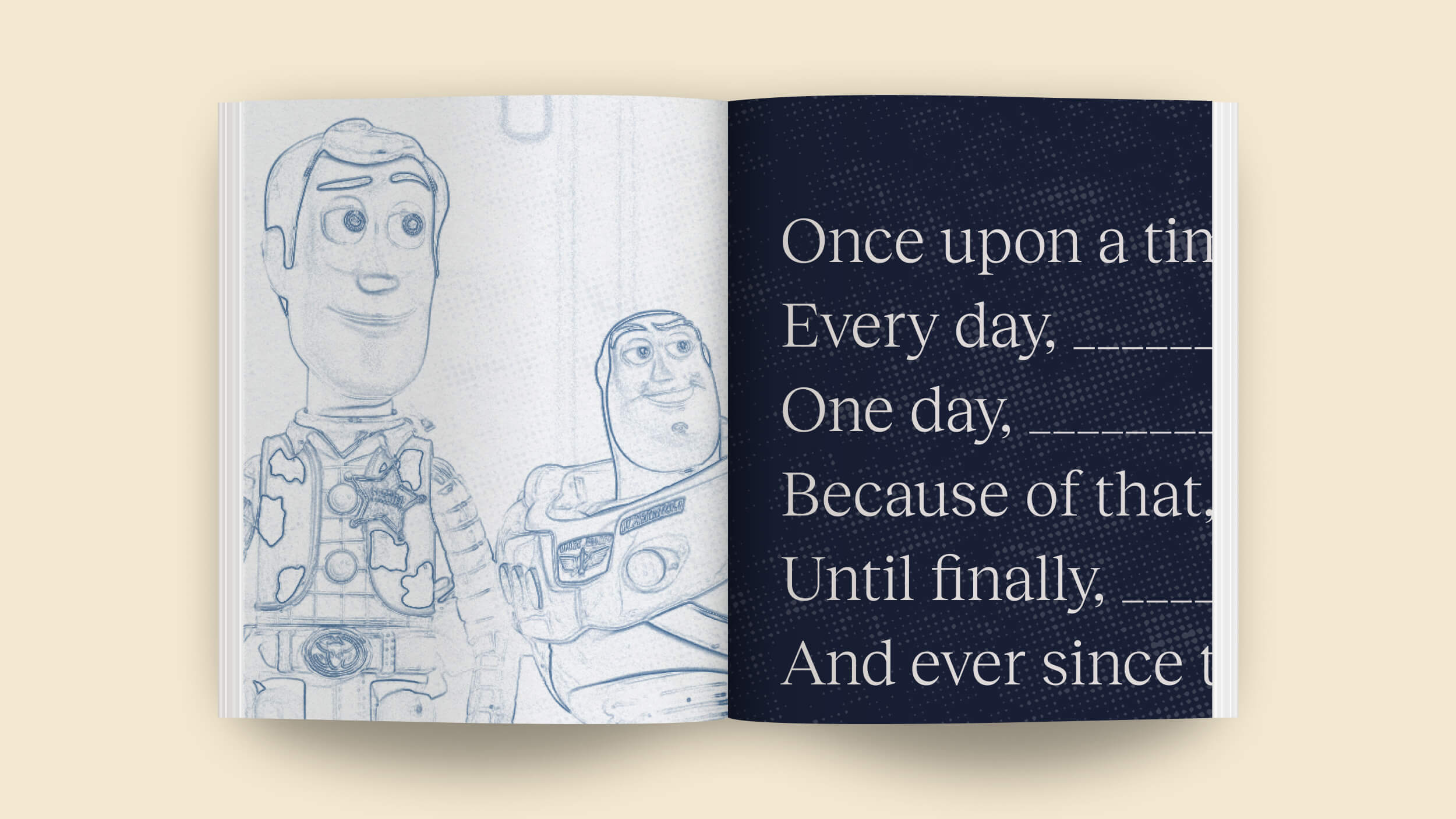How to foster a workplace environment where employees want to be present, rather than feel forced to be there.
Workplace community is too often dismissed as an HR initiative, when in reality it’s the key to driving business results through frontline employee performance.
Aristotle taught that “knowing yourself is the beginning of all wisdom” — all leaders and teams should take note.
Welcome to The Nightcrawler — a weekly newsletter from Eric Markowitz covering tech, innovation, and long-term thinking.
Social entrepreneur Aaron Hurst explains why the decline of social connection is the greatest challenge of our time — and offers a roadmap for restoration.
If you want the best shot at long-term success, it can pay to supplement hot-shots with seasoned industry veterans.
Having a vision isn’t enough to be an effective leader.
Neuroscience supports the notion that mindfulness and meditation should become essential assets in our workspaces.
Harness the power of “respectful engagement” to make sure everyone in your team feels like they matter.
We manipulate constantly — but few of us want to be called “manipulative.” Here, ex-Google executive Jenny Wood redefines an unfairly maligned trait.
Magicians use “change blindness” to delight audiences — and you can use it to become an excellent colleague.
From “job crafting” to questioning our preconceived ideas about work, there are many ways to fight burnout and disengagement.
Psychologist Bob Sutton encourages leaders and teams to identify the different forms of friction — and reclaim time that would be lost to organizational drag.
Rebuilding the NFL franchise in the early 2020s echoed the corporate overhauls that had transformed Boeing and Ford.
Performance psychology reveals the mental techniques elite athletes use to build and maintain their confidence.
Major League Baseball and Ivy League research confirm that tackling well-being is hard work — but well worth the effort.
Upskilling all managers and leaders is imperative if we are to solve the global challenge of poor management.
Restaurateur Will Guidara explains why it’s not just what you do, but how you make people feel that leads to successful ventures.
By designing smart systems, we can help ourselves live up to our best intentions — and perform even better in our workplaces.
Your teams need authentic caregiving, not an insincere plan to merely check all of the well-being boxes.
Temple Grandin’s story reveals how embracing neurodiversity can lead to groundbreaking innovations and more successful teams.
Welcome to The Nightcrawler — a weekly newsletter from Eric Markowitz covering tech, innovation, and long-term thinking.
Don’t become one of those organizations that slouches toward positive behavioral change — here’s how to move fast.
Leaders ideally intertwine their own success with that of their teams — if that’s not the case at your workplace, here’s what to do.
Sure, “who you know” matters — but your best contacts will be the ones you don’t know very well.
Storytelling skills are not just for entertainment — practical exercises used by the cream of Hollywood can transform your work-life.
Daniel Goleman: Why emotional intelligence may be the number one indicator of organizational success
Today’s technology presents unique challenges for social awareness and relationship management at work, making emotional intelligence all the more critical.
Cal Newport explains how you and your teams can accomplish more while improving quality and supercharging workplace morale.
College degree? Not so much. Employers want teams with a diverse skill set who can adapt to changing industry demands.
The multifaceted nature of company culture is what makes it so challenging — this guide will help you make sense of the complexity.
